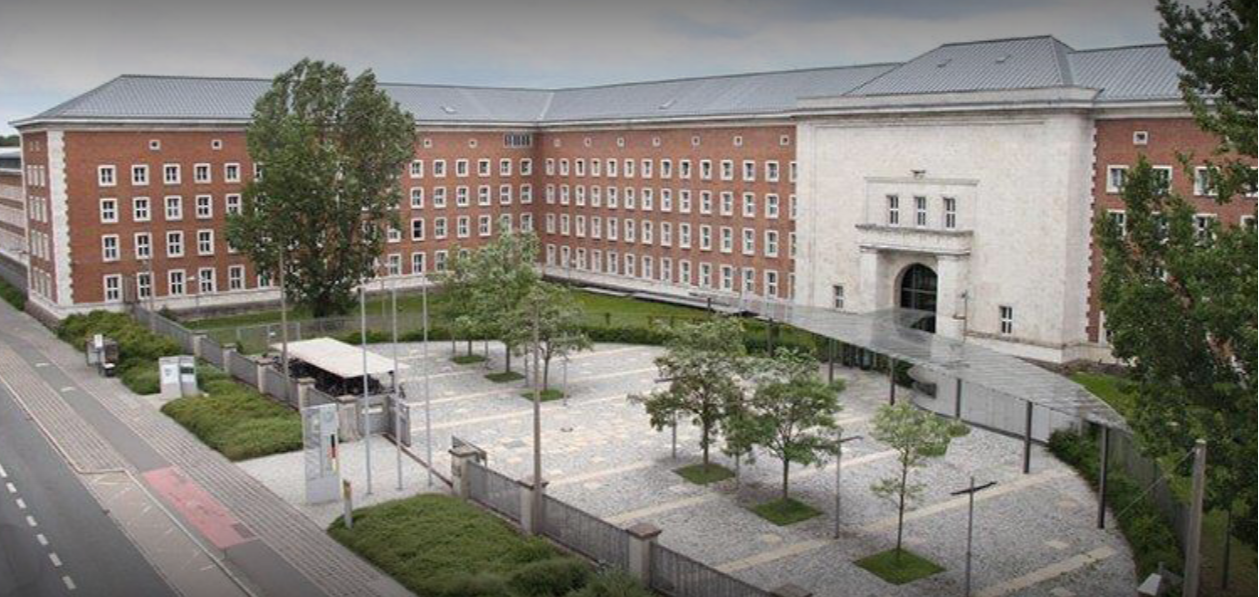The so-called Refugee Integration Measure (FIM) was originally intended to create employment opportunities for 100 000 asylum seekers per year.
While asylum seekers await the outcome of their trial, they were expected to do simple tasks in the shelters or communities and charities, such as cleaning or mowing the lawn, and meeting the local people.
Pocket money given was 80 cents per hour for up to six months’ work, which was to be paid in addition to asylum seeker benefits. But just 32 000 asylum seekers took up such the job opportunities from September 2016 to February 2019, reports German daily Die Welt, citing the Federal Employment Agency.
In January 2017, some 1 987 asylum seekers took on such a job, but a year later, the number was only 693. And in January, there were only 514 people.
As early as 2017, the German government had published an amendment to the directive, with which it deleted the requirement “100 000 annually”. In 2020, the program will expire. “Obviously, the response was so bad that it is impossible to continue,” the report noted.
The Federal Ministry explained the failure by citing the decrease in the number of asylum seekers. In addition, the processing of asylum applications by the Federal Office for Migration and Refugees has accelerated, it said.
Ekin Deligöz, budget expert of the Greens in the Bundestag, especially criticized the complicated procedures. “The refugee integration measures were well-intentioned, but badly done,” she said.
“Various decision makers and municipalities create the places, the employment agency handles the programme and the Federal Government pays. The administrative burden was apparently too high for many communities.”
The Chairman of the Budget Committee in the Bundestag, Peter Boehringer (AfD), however, highlighted the real problem. “The German labor market can offer such non-specialists only small sums of money,” said Boehringer.
He told Berlin weekly, the Junge Freiheit: “Even the very low wage of the programme would not have been paid by the open labor market, because without government subsidies, there is simply no private demand for these services – not even at a tiny 80 cents an hour,” said Boehringer.
“The fact that not even the government’s own mini-target of 100 000 working asylum seekers has been reached shows that the motivation of many asylum seekers to work for low pay is not very pronounced. Why? Their support is 100 percent guaranteed by the state otherwise – they are not existentially poor even without work,” Boehringer explained.













No comments.
By submitting a comment you grant Free West Media a perpetual license to reproduce your words and name/web site in attribution. Inappropriate and irrelevant comments will be removed at an admin’s discretion. Your email is used for verification purposes only, it will never be shared.